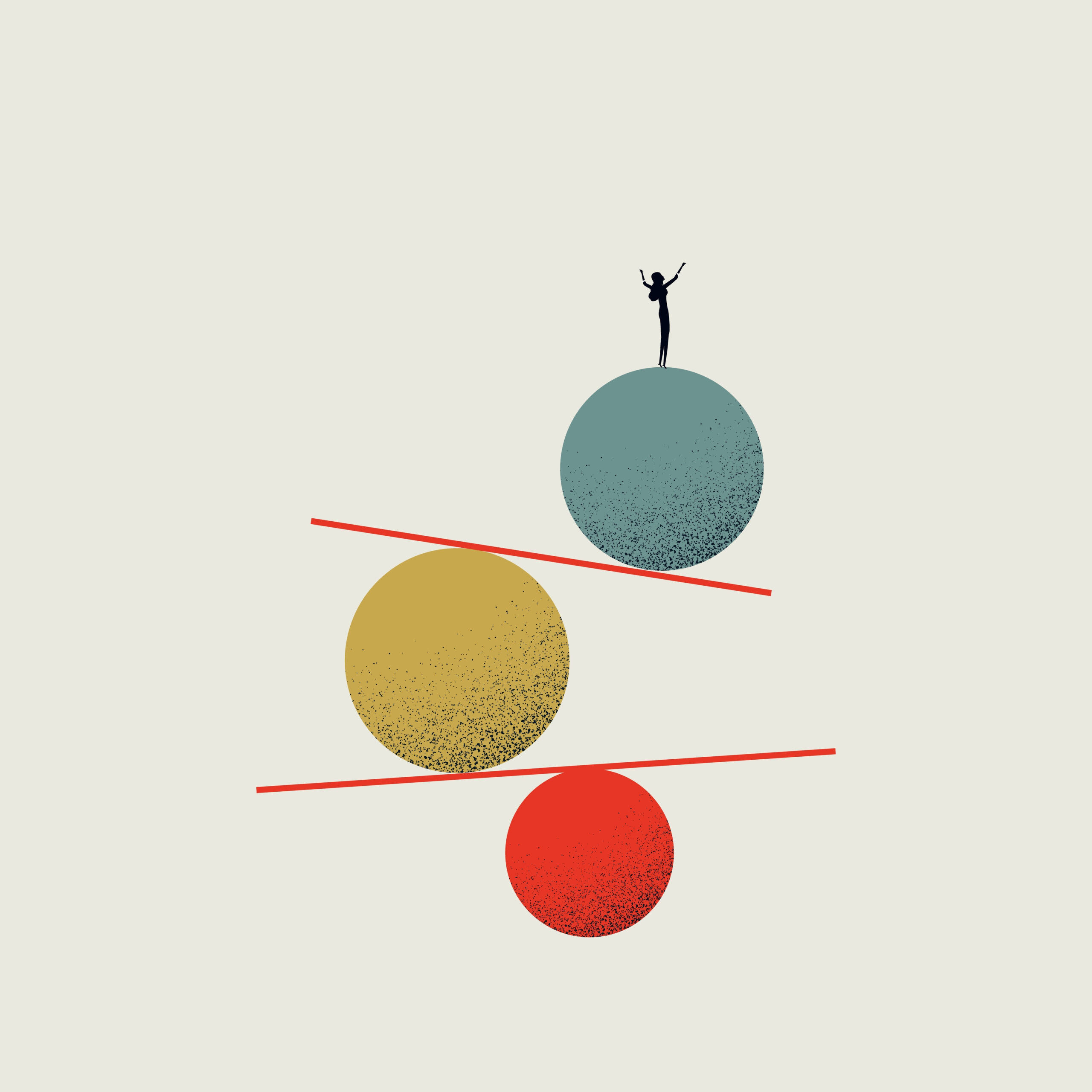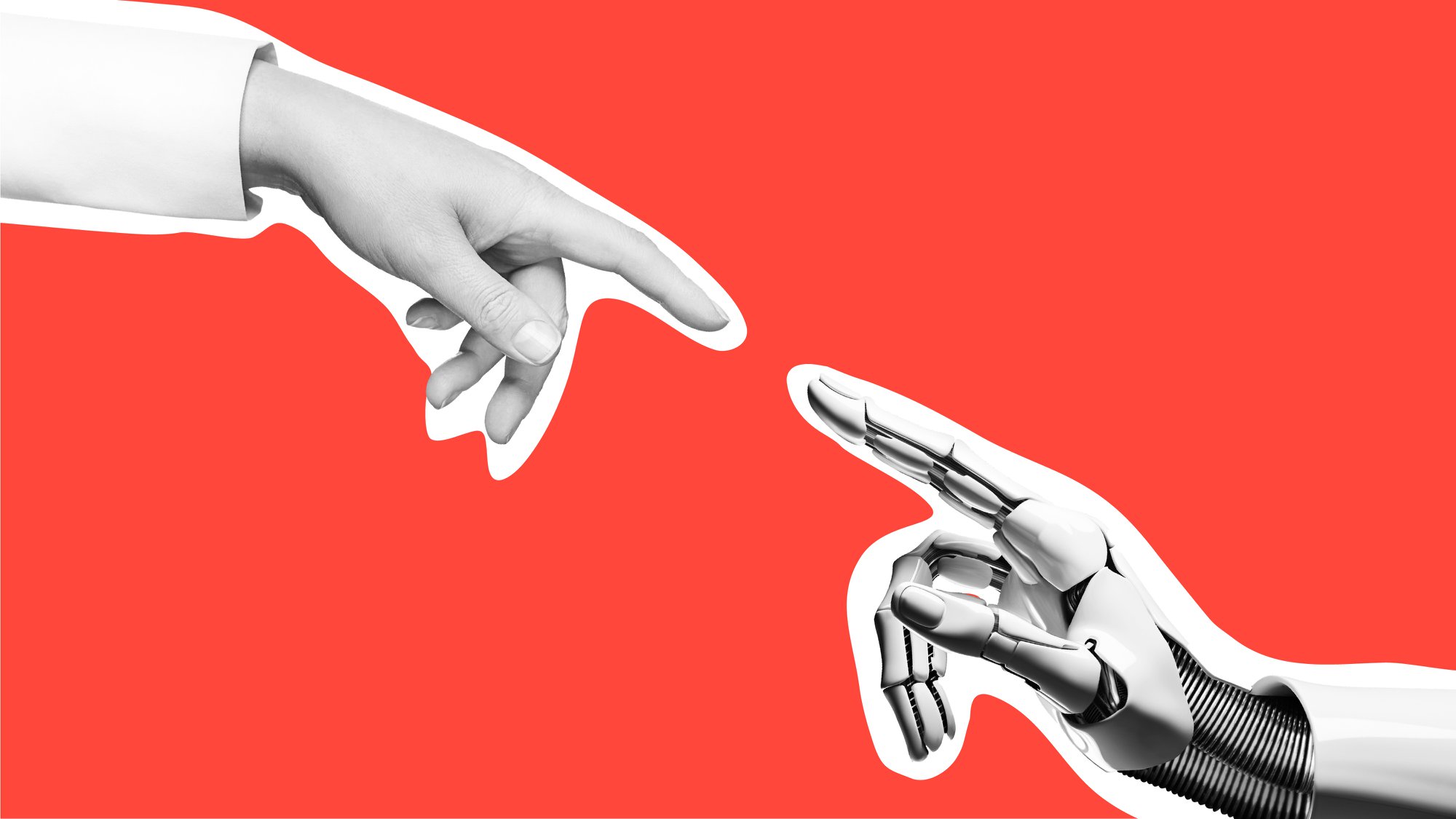Life-Work Balance

We hear endless talk of striking a better work-life balance, but what about striving for a better life-work balance?
Unlocking employee productivity is something all brands seek to do.
We ask ourselves, how can employee engagement drive better returns? How can we create a work life for people that gets the most from them?
The phrase ‘work-life’ is interesting. We even use it as a suffix in ‘work-life balance’.
But I’d argue we’ve got it the wrong way round.
Why does the word ‘work’ come first? Why doesn’t ‘life’ lead?
Recently, Revolut’s co-founder and chief executive, Nik Storonsky, told employees they needed to be ‘inclusive, approachable’ and ‘respectful at all times.’ This coming from a guy who admits he routinely works 14-hour-days, goes on leave ‘very rarely” and that, “99.5% of his life is work related”.
Well, if you need to work 14-hour days and rarely go on leave, two things spring to mind.
Firstly, when do you get to experience life?
After all, if you’re purporting to serve customers, and if you want to understand them and you’re hoping to be creative and innovate, where does that external inspiration come from?
Secondly, why are you so inefficient?
You can’t get your job done in 14-hours? You haven’t got a team of people you trust to crack on with the work without you? These are big questions.
Steve Jobs was a workaholic, and even he stressed the need to trust in your team.
Teamwork is dependent on trusting on the other folks to come through with their parts, without watching them all the time.Steve Jobs
Oh, and by the way, Steve took breaks.

Nik Storonsky’s answer is to apply values-based behaviours to the business.
People complaining about a toxic culture? Answer, develop a set of values and behaviours and launch them in the business. And, hire a bunch of behavioural scientists to make it all work.
What is it with this continuous macho approach to work?
Perpetuated by so-called leadership icons (like Nik’s hero, Elon Musk), who try to con us into believing that work needs to be some non-stop, chest beating exercise where only the fittest survive.
It’s total rubbish.
You don’t apply – machine-like – a set of values and a team of scientists to create the right culture. You need the right attitude to life.
Yes, work is important, but we were not designed as beings to work. We were – and still are – designed to live.
Until the advent of ownership, our nomadic ancestors would simply organise life around a happy survival. Life used to be their work. Living, looking after the community, feeding one another, and caring for each other – that was their focus.
This is where Nik, Elon and countless others (I notice they’re often men…), have it all wrong.
For them, work is their life, and as John Lennon once wisely said, life is what happens when you are busy making other plans.
But the genie is out of the bottle now.
Work is a thing. It exists, for all of us. So what should the likes of Revolut be looking at when it comes to setting out a better life experience at work.

Where do we go from here?
We need to put the days of aggressive, industrially designed work behind us. It simply isn’t who we naturally are!
What’s disappointing (and quite shocking) is that the likes of Revolut feel the need to hire a whole team of Behavioural Scientists to tackle aggression. If true, it’s a sad commentary on an organisation when it can’t lead from the top.
Behavioural Science is great, but alone, it can’t solve something as toxic as culture.
As my behavioural science mentor told me,
This feels like a sector in crisis. It seems to think behavioural science will be the silver bullet. But you don’t need to publicise the hiring of ‘experts’ to make the culture more human, you just need to be a better leader.Sally Tarbit, Director at The Team
Back in 2019, the Harvard Business Review published an interesting article titled, To improve your team, first work on yourself. Here’s a snippet that feels very relevant to what we’re discussing here,
‘Teams are complex systems of individuals with different preferences, skills, experiences, perspectives, and habits. The odds of improving that complex system in a meaningful and sustainable way are higher if every team member — including the leader — learns to master these three foundational capabilities: internal self-awareness, external self-awareness, and personal accountability.”
Levers to employee engagement
For us at The Team we see 7 important levers to engagement.
Let’s start with Daniel Pink’s three elements of intrinsic motivation:
- Mastery: work with your people to help them be the best at what they do today. Satisfaction comes from doing a good job, so help them do that.
- Autonomy: trust them. Give them the freedom – and the tools – to make decisions on behalf of the people they’re working to serve. Timpson do this brilliantly. Pret have designed it into their work practices.
- Purpose: give people a reason to get out of bed in the morning. Something more than just money-making. It doesn’t have to be altruistic. Fixing washing machines so that families can have an easy life is just as important a purpose as saving the planet.
Then, we see three more levers that sit between these motivators.
- Growth: give people the opportunity to expand their horizons. These can be small steps or giant leaps. We’re all on different trajectories, so help people explore the world.
- Belonging: create a place where people can be themselves – a place where they are respected and they respect others.
- Value: recognise people for the work they do, either through intrinsic or extrinsic rewards. Ultimately, people love to be praised.
And lastly, there is something that is the glue that sits in the centre of these levers.
- Wellbeing: look after people – physically and mentally. Make sure that work keeps them fit and healthy so that they go home and come to work in the best shape possible.
These levers come from within.
They are things an organisation can shape, but ultimately, they’re also leadership behaviours – they’re things we do to each other.
It’s why I’m more inspired by leaders like Kobe Bryant, who once said:
“No matter what you do, there’s always an opinion on who’s the best. So I started really understanding, maybe that’s not the important thing. Maybe the important thing is, how do we, as a team, grow? How do I help my teammates be better?
As I got older, it became more about asking myself, how are you inspiring other to find themselves?
How do you use your passion to inspire someone else to create their passion, and then how can they pass that onto the next person. That is true success.”





